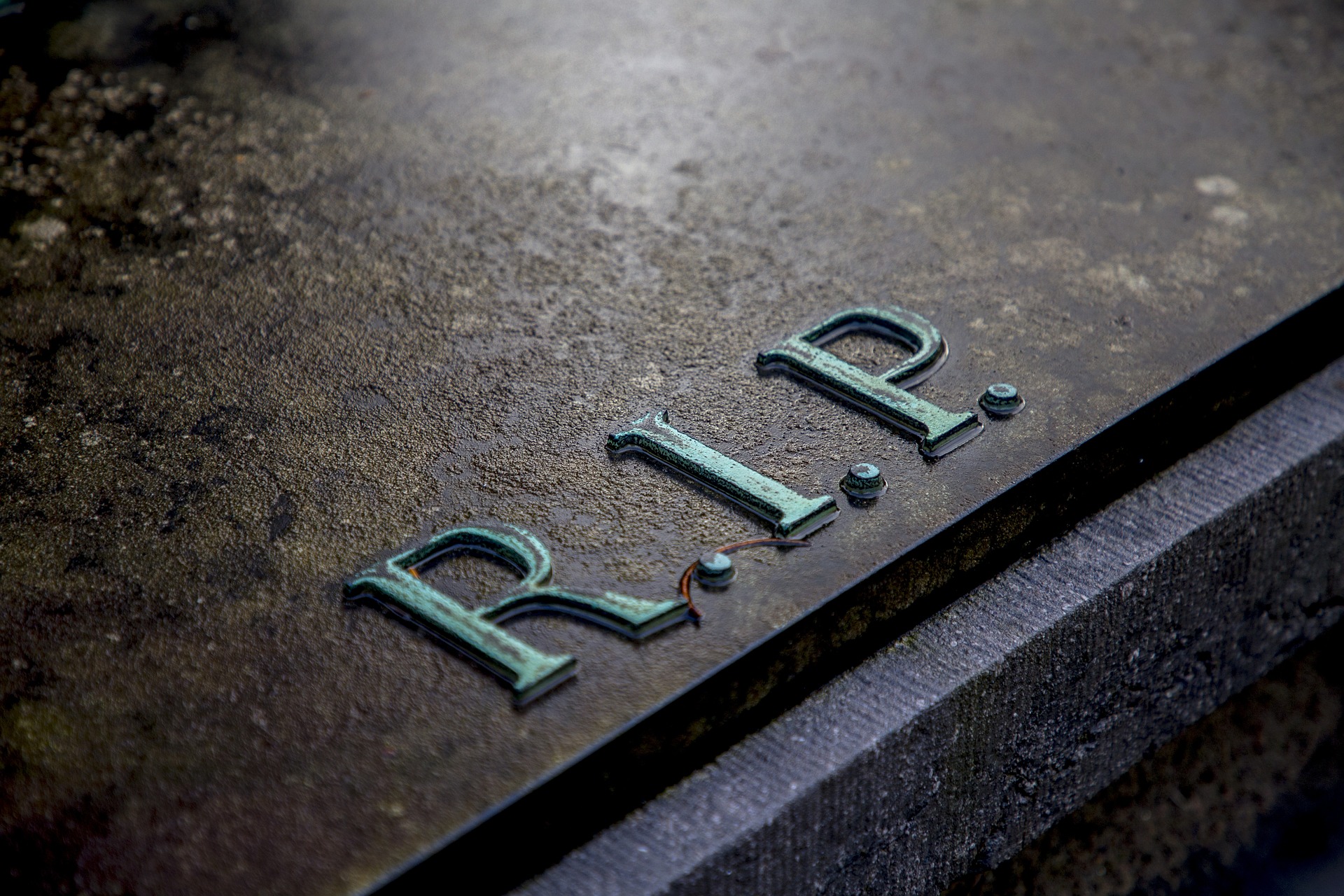What is Naloxone?
Getting addicted to opioids can be life-threatening. All it takes is one error and a serious overdose can occur.
Luckily, there’s a way to help reverse an overdose before it’s too late. By taking a drug known as naloxone, people who have overdosed can quickly come down off their high before the side effects of overdose claim their lives.
Unfortunately, naloxone use across America is not spreading as fast as the use of illegal opioids. If you take opioids, it’s important for you to learn about this medication so that you can request it. Having medication on hand if your life is in danger is vital.
While naloxone is helpful, it won’t stop your addiction. To do that you’ll have to get help from a rehabilitation program.
How Does Naloxone Work?

Naloxone can prevent a fatal opioid overdose.
Naloxone is an opioid antagonist, meaning that it helps to undo the effects of other opioids like heroin or fentanyl to stop working immediately. It works by binding to the opioid receptors in your brain, thereby preventing other, more harmful opioids from attaching.
When administered to a person who has taken too many opioids, naloxone works quickly to reduce the side effects of slowed or stopped breathing and helps prevent overdose deaths.
Because you can’t get high on naloxone, it poses no threat. This means that if you aren’t quite sure if you’re experiencing an overdose or not, it won’t hurt to take a dose of naloxone just in case.
How Is Naloxone Administered?
There are three main ways to receive naloxone in the event of an overdose. These include:
- Having the drug injected by a professional.
- Injecting yourself with an auto-injection device.
- Using a prefilled nasal spray.
Generally, naloxone will need to be administered by a medical professional, such as an ER doctor, paramedic, or nurse.
However, in some states, friends or family can administer naloxone as an auto-injection or nasal spray. This is one of many ways that states are trying to be proactive in reducing overdose deaths rather than simply reacting after the fact.
Who Can Take Naloxone?
Because naloxone is safe to use, nearly anyone can use it, including pregnant women. Some specific types of people who might need a prescription of naloxone include:
- People who are prescribed high doses of opioid painkillers to manage chronic pain.
- People who have previously overdosed on opiates.
- People who are on an opioid medication rotation regimen.
- People who are in opioid detoxification programs.
If you think that there’s ever any risk you might overdose on opioids, be sure to contact your doctor to ask about getting a prescription for naloxone.
What Are the Side Effects of Naloxone?
While naloxone is safe overall, some people may experience an allergic reaction to it. Be sure to keep an eye out for swelling or hives in the throat, lips, or face.
Additionally, naloxone can sometimes cause opioid withdrawal symptoms in a person. These might seem scary, but it’s actually a sign that it is working effectively. These can include:
- Aches throughout the body
- Having a fever or chills
- Feeling dizzy and weak
- Changes in mood
- Nausea and diarrhea
Naloxone has helped save thousands of lives from the dangers of opioid overdose. As you can see, it’s an essential tool you should keep available if you have an opiate addiction.
To learn more about naloxone and prescription laws in your state, call 800-678-5931(Paid Advertiser) now.
